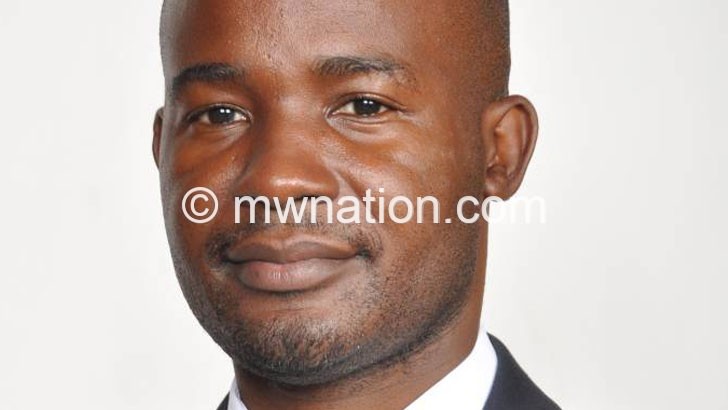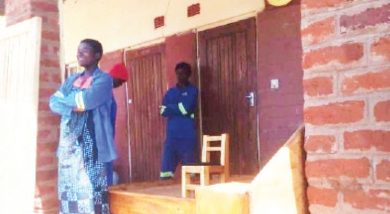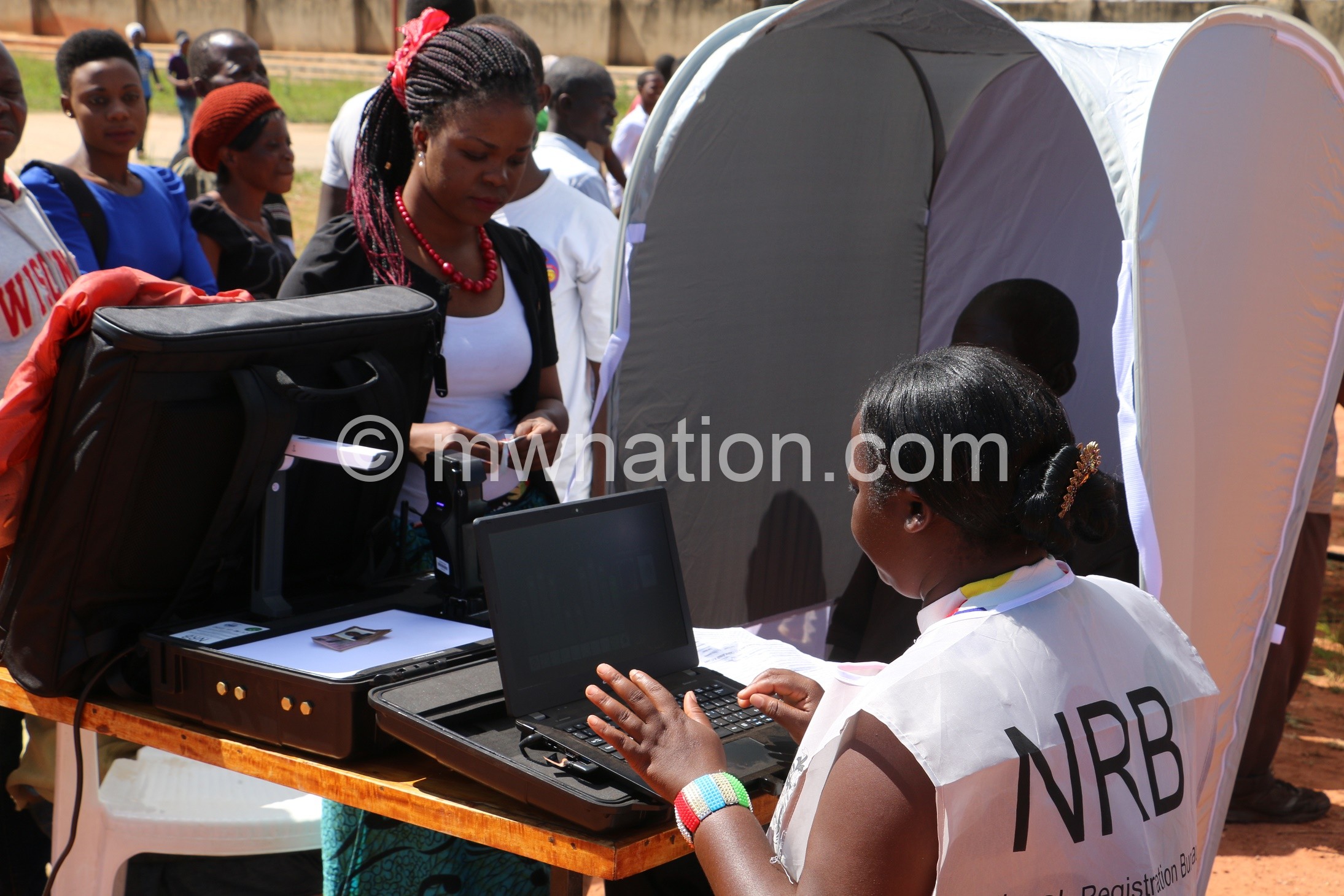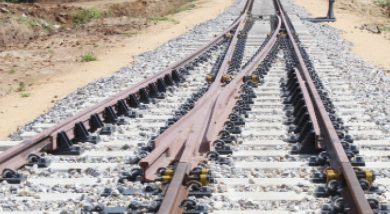Govt dared to walk the talk on budget
Parliament’s Budget and Finance Committee has challenged government to “walk the talk” on the promises made in the proposed 2019/20 National Budget.
Making the committee’s response in Parliament yesterday afternoon, committee chairperson Sosten Gwengwe said it is their hope that the forecasts and assumptions underpinning the budget will translate into reality.

He said his committee also expects the projected growth to trickle down to the masses.
Said Gwengwe: “It is the hope of the committee that government walks the talk on the promises made in this budget. The proposed budget has ambitiously promised a number of things worth questioning.”
The 2019/20 fiscal plan, tabled by Minister of Finance, Economic Planning and Development Joseph Mwanamvekha on September 9, envisages an estimated real economic gross domestic product (GDP) growth rate of five percent in 2019 and seven percent in 2020.
In fact, the projections are way above the sub-Saharan real GDP growth rate of 3.4 percent in 2019 and 3.6 percent in 2020.
Further, government also projects average inflation rate of 8 percent during the fiscal year, maintaining a stable exchange rate of about K750 to United States dollar while also putting policy rate—the rate at which commercial banks borrow money from the Reserve Bank of Malawi (RBM)—steady at 13.5 percent.
The Lilongwe Msozi North legislator, affiliated to Malawi Congress Party, also observed that the macroeconomic environment has remained relatively stable despite the domestic economy remaining vulnerable to both internal and external shocks.
He said government has been over-ambitious in the projection of real GDP growth rate of around7 percent come 2020. Here, he cited ambitious projects in the agriculture sector that government has proposed.
Said Gwengwe: “Among others is the restructuring of Admarc, promotion of cotton [allocated K1 billion], legume promotion [given K1.9 billion allocation], establishment of horticultural value chain companies, supporting schemes and the agricultural commercialisation project.”
He also lamented that oftentimes, government allocates a lot of money to various ministries, departments and agencies but when Treasury fails to collect enough money, it is the development budget which suffers most.
Out of the total K1.7 trillion planned expenditure for the budget, K1.3 trillion, which is 20.6 percent of GDP, is under recurrent expenditure while K437.9 billion (representing seven percent of GDP) is provided for the development budget.
At seven percent of GDP, development expenditure in the 2019/20 budget is highest in recent years, as in the 2018/19 budget, development spending was revised to 5.7 percent of GDP while in the 2017/18 financial year it was recorded at 4.6 percent of GDP.
Gwengwe said the committee was pleased to note that development spending allocation has increased from K307.7 billion to K437.9 billion in nominal value, representing a 42.3 percent increase. He said the development expenditure represents 25.3 percent share of the current total budget compared to 21.5 percent share in 2018/2019 budget.
“The figures [on development budget spending] look promising but the figures are prone to decrease as it has been the case before with government which always reduces development expenditure during mid-year budget review,” he said.
Commenting on infrastructure development, Gwengwe explained that government has erred by allocating K1.6 billion for the construction of two new stadia, saying such expenditure is against the Public Finance Management Act.
“The question remains whether the construction of such infrastructure is in line with principles of Public Finance Management. It is a considered view of the committee that such expenditure is contrary to the stipulations of the Public Finance Management Act and that if public funds would continue to be spent on such private projects,
Malawi would never reach the development targets that are dearly anticipated by the general public,” he said.
Reacting to the input by the Budget and Finance Committee, Economics Association of Malawi (Ecama) president Chikumbutso Kalilombe yesterday said they are particularly worried with continued ‘incessant’ appetite by government to borrow as a way of financing its budget deficit.
“What is worrying is that we do not spend within means and, therefore, there is need for us to be bold enough and bite the bullet. We have a poor resource base and until we grow this narrow resources base, we need to be realistic with our expenditure,” he said.
On his part, social economic commentators Dalitso Kubalasa yesterday said if only Malawi government was able to ‘walk the talk,’ the country should have developed already “very far and progressively by now.”
He said: “By matching action to our rhetoric; and most importantly implementing only what we plan instead of what we normally see, we could have seen the flagship projects highlighted in our MGDS III already taking shape year after year.” Today, Parliament continues with responses from chairpersons from cluster committees before opening the general debate on the budget.





